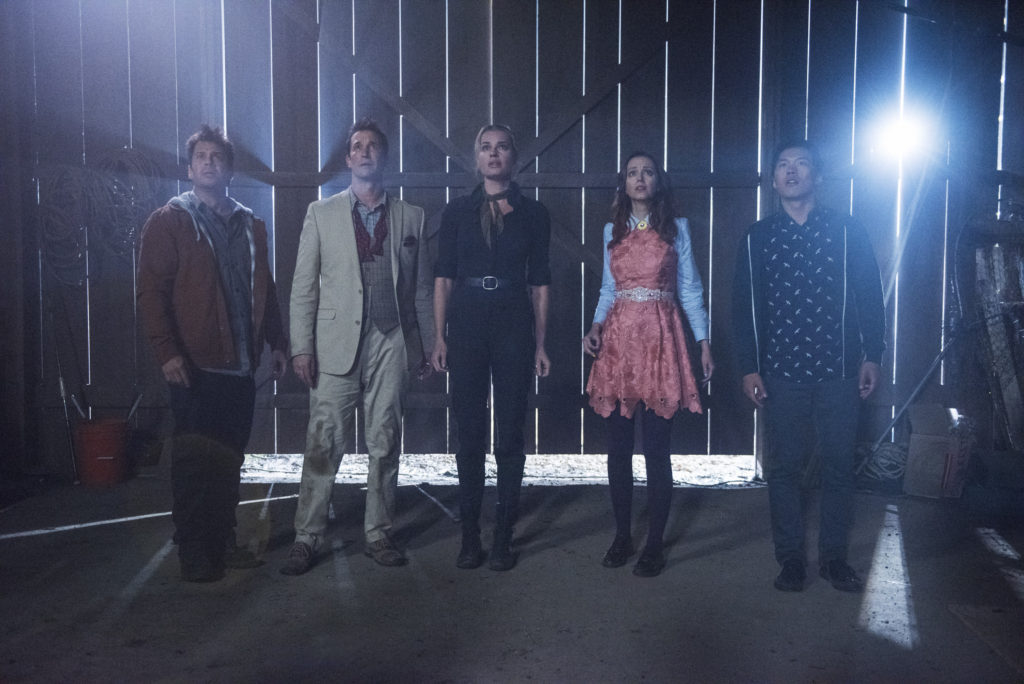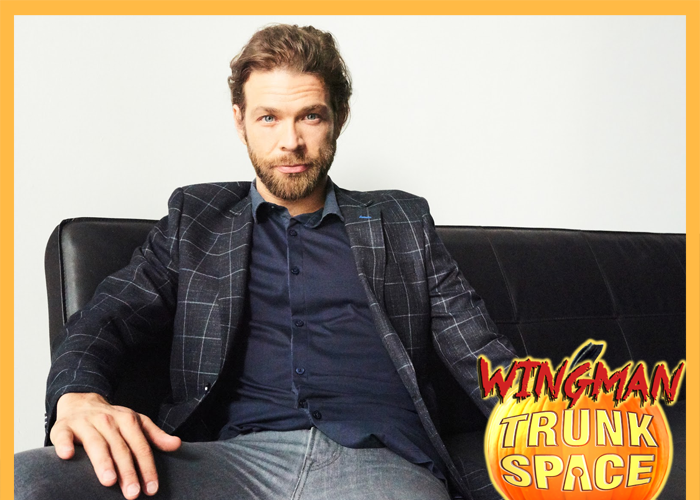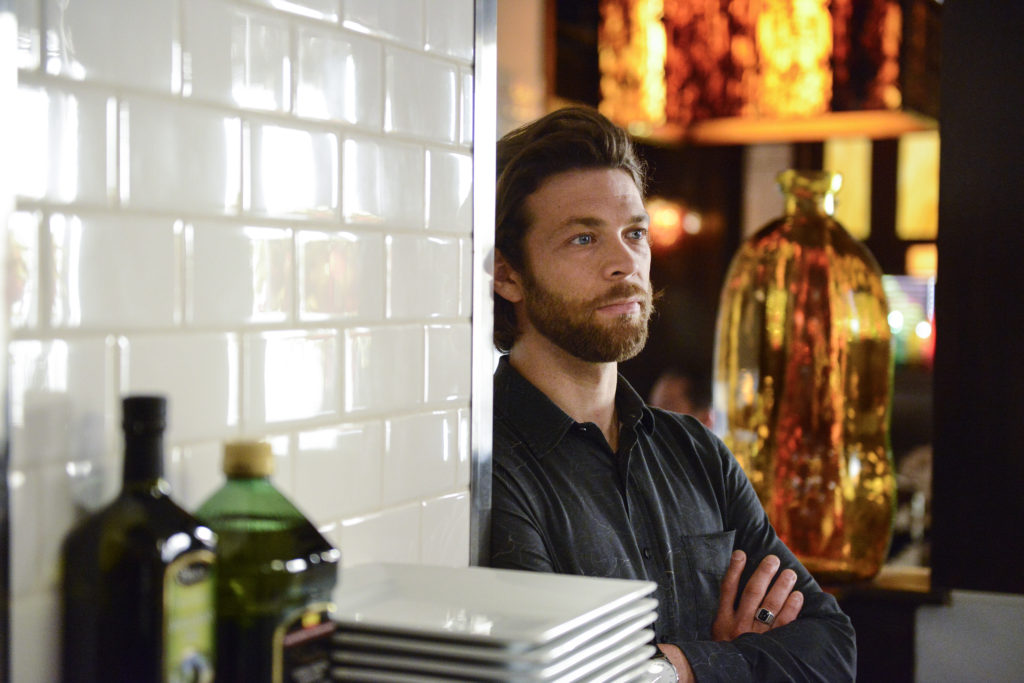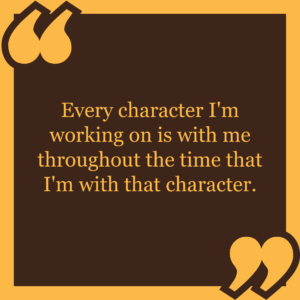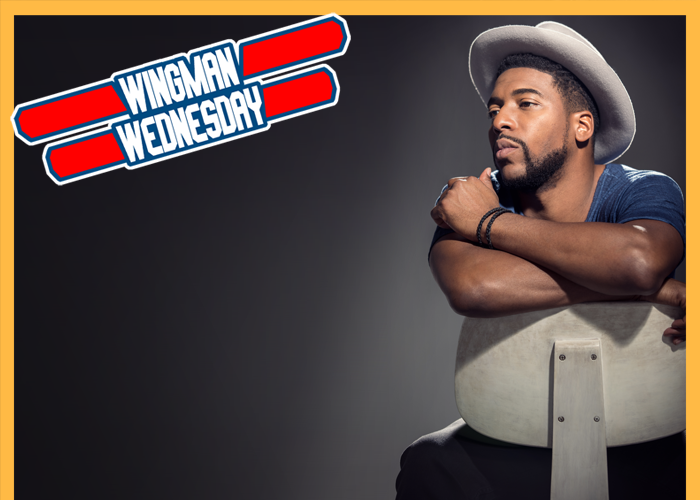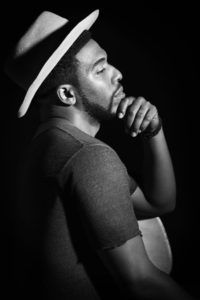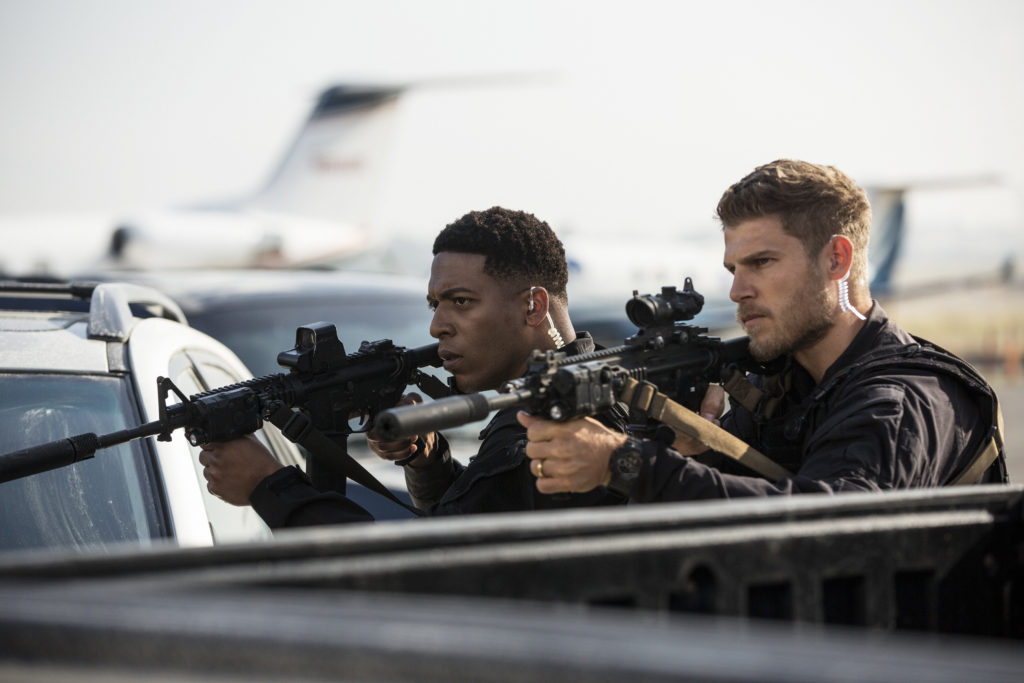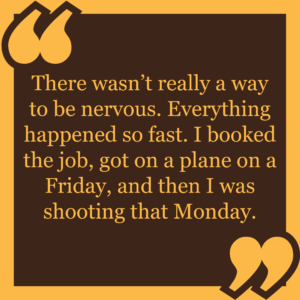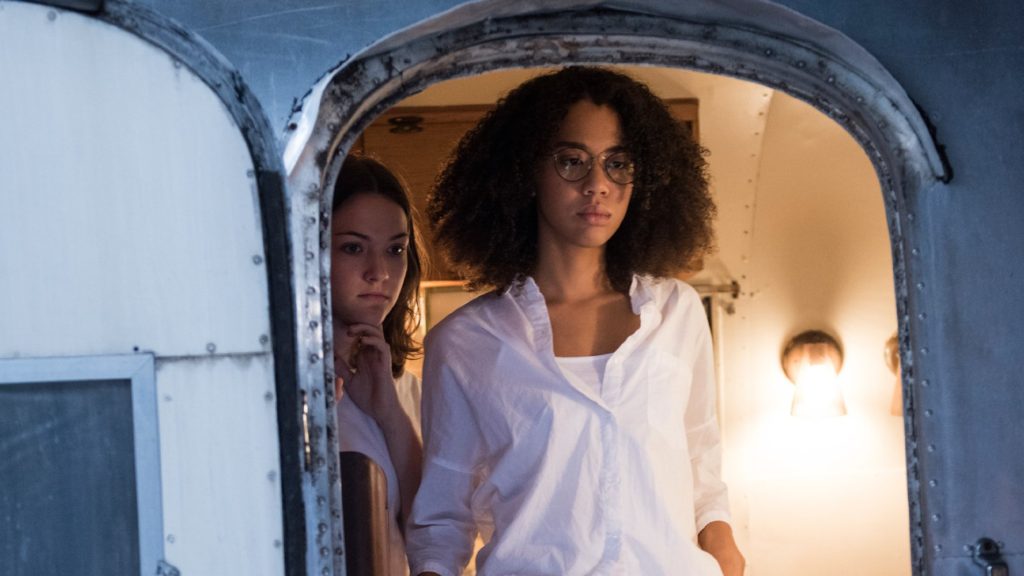The train is coming into the station on our latest seven question chat as we sit down and talk the art of performance with Snowpiercer star Garfield Wilson. His next project, a comedy musical starring Keegan-Michael Key, Cecily Strong, Fred Armisen, Kristin Chenoweth and Dove Cameron, is slated to stream on Apple TV+ in the near future so keep your eyes and ears open for that one!
Featured image by: J Benson Photography


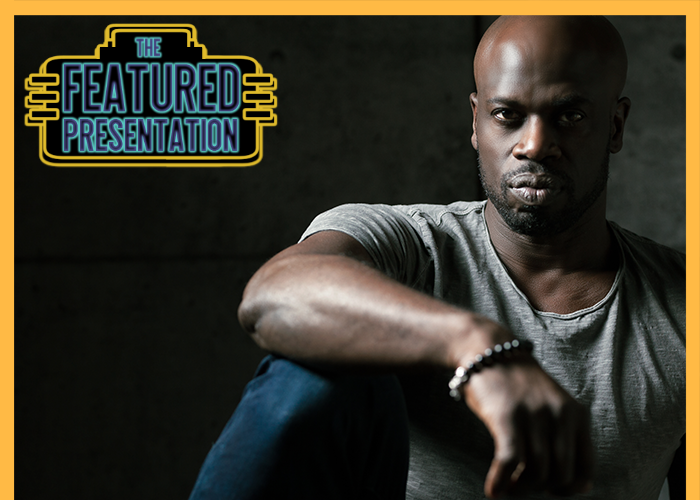
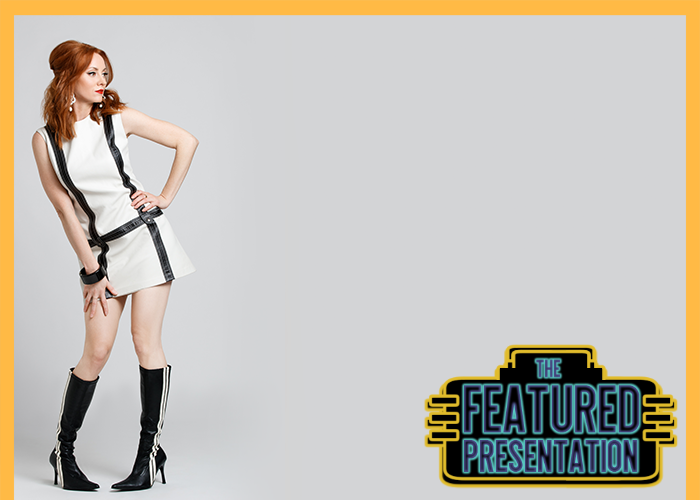
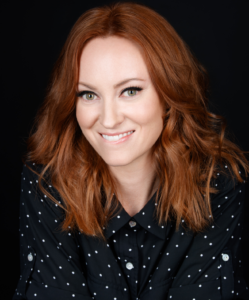
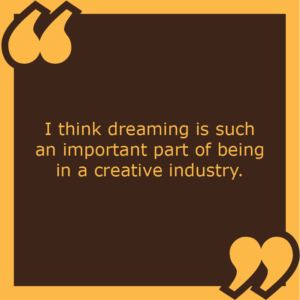
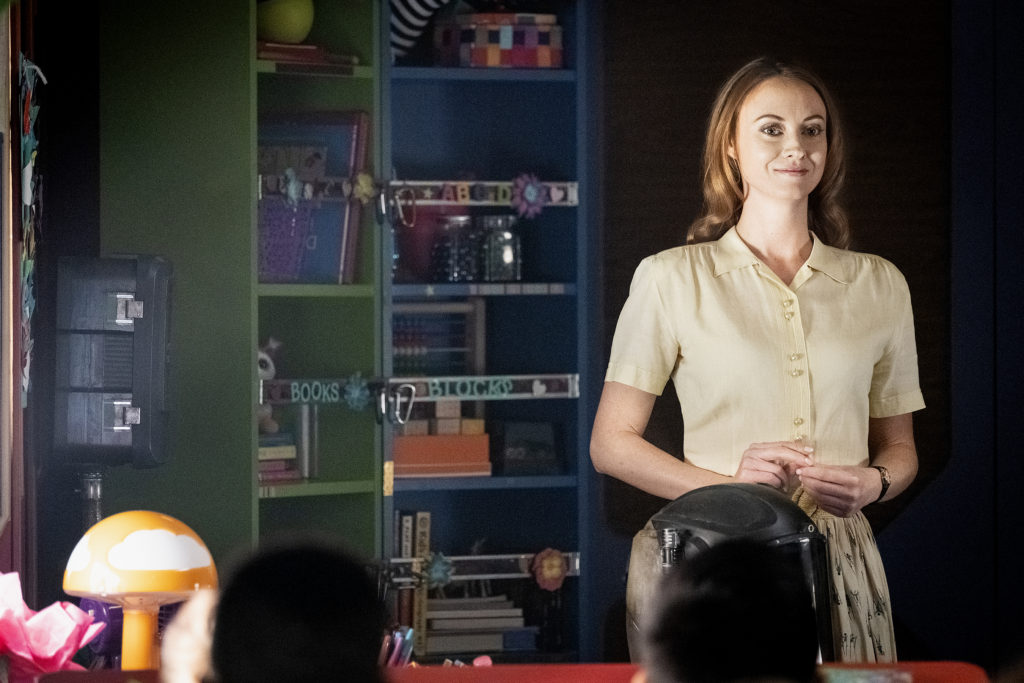
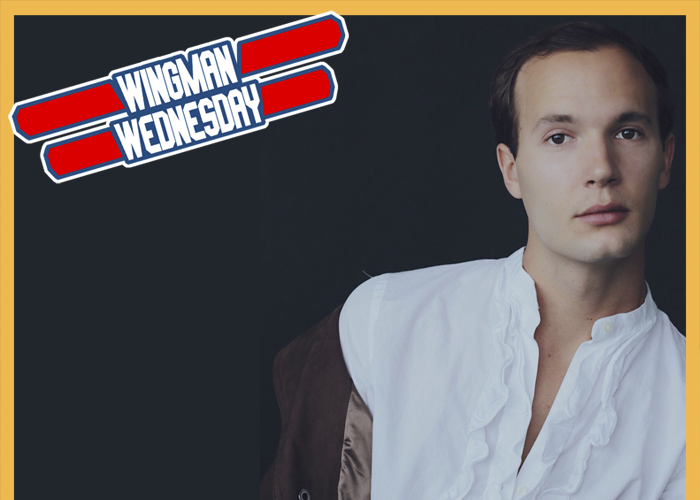

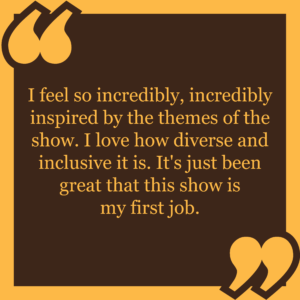
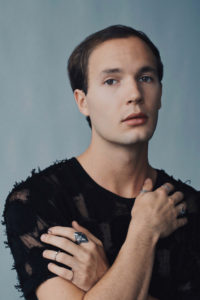
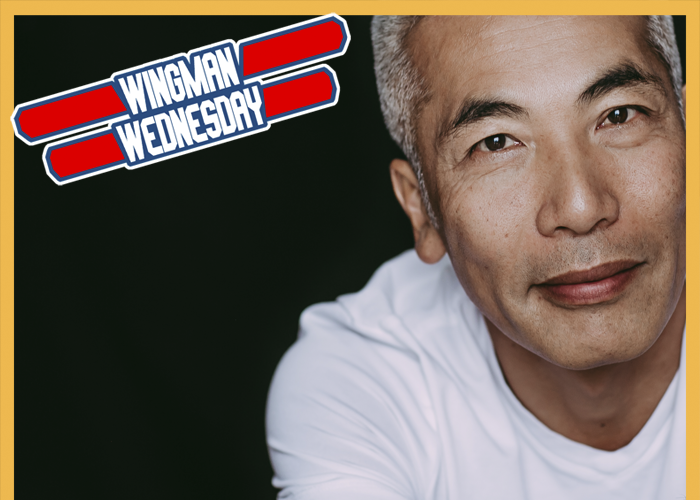

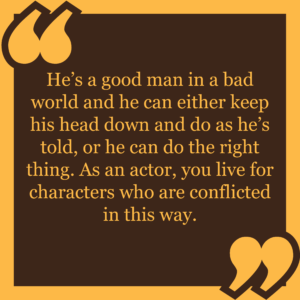
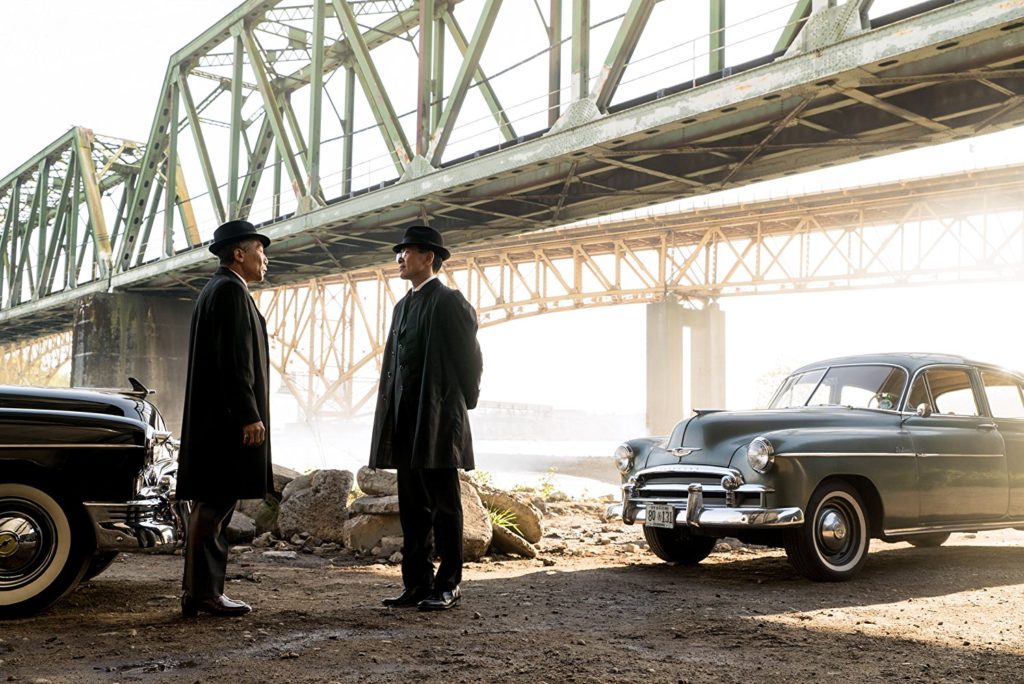
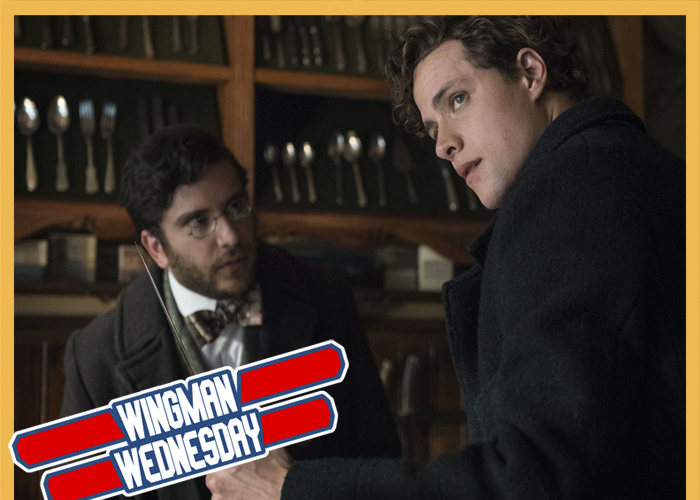
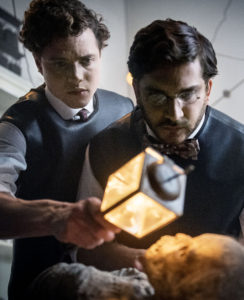

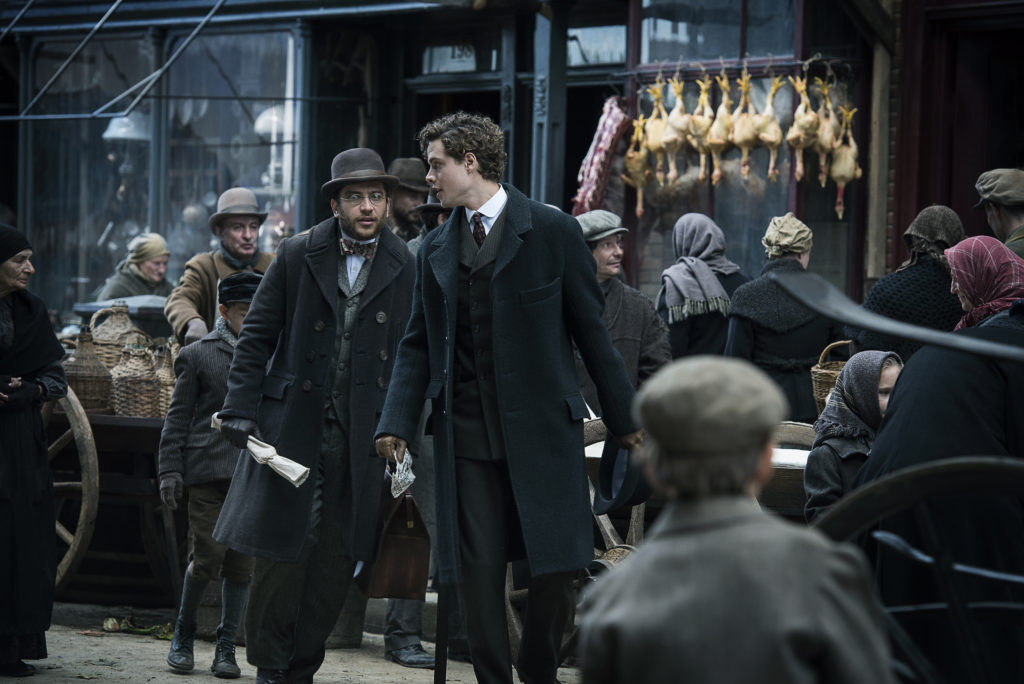
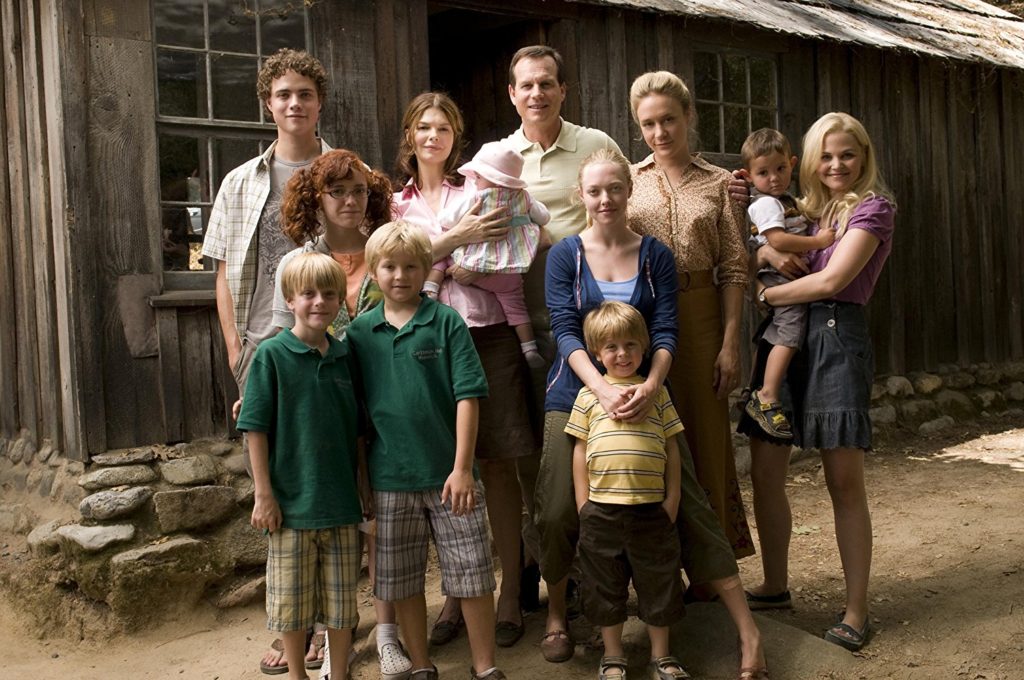
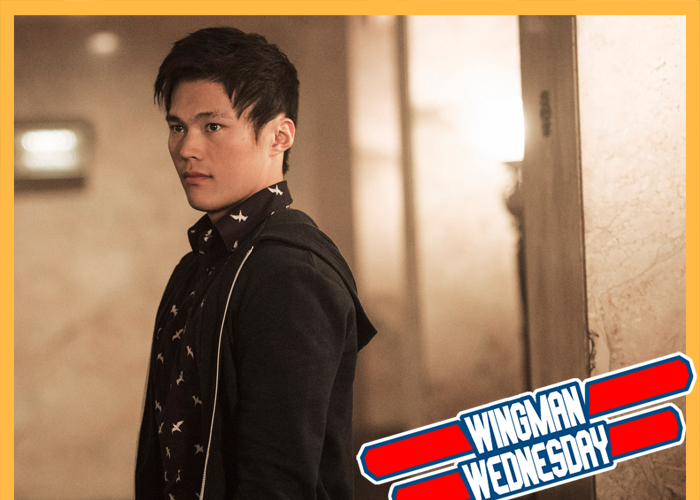
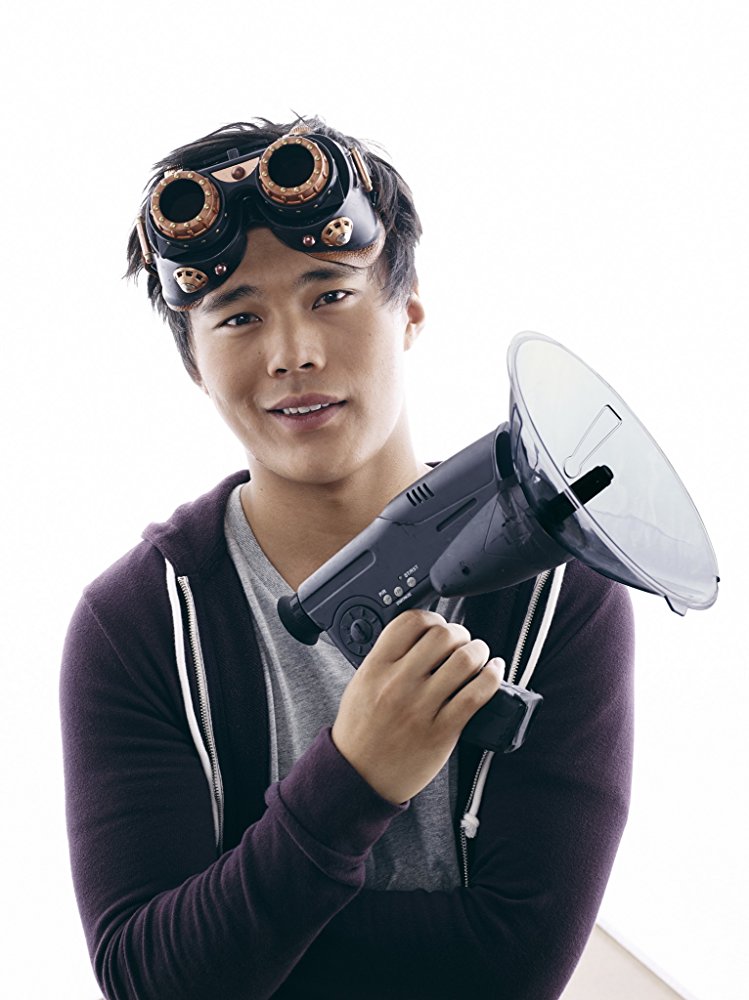 Nobody ever said that saving the world week after week would be easy, but for fans of “The Librarians,” it’s at least guaranteed to be entertaining.
Nobody ever said that saving the world week after week would be easy, but for fans of “The Librarians,” it’s at least guaranteed to be entertaining.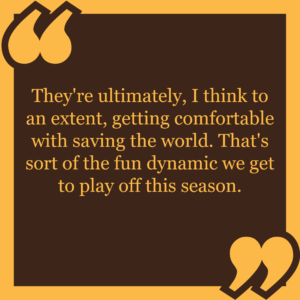 very good at it. They’re ultimately, I think to an extent, getting comfortable with saving the world. That’s sort of the fun dynamic we get to play off this season. I’ve never been to a fourth season of a show. Obviously, as you mentioned, I’m still quite relatively young. I think I’m just excited to see how it plays out from here. We’ve had the audience stick by us so faithfully, and they’re some of the best fans going around at the moment. I’m just excited to ultimately see what they think of this season, because now we’re playing off established knowledge, and established characters, and those dynamics. They play out a little differently to how you would expect.
very good at it. They’re ultimately, I think to an extent, getting comfortable with saving the world. That’s sort of the fun dynamic we get to play off this season. I’ve never been to a fourth season of a show. Obviously, as you mentioned, I’m still quite relatively young. I think I’m just excited to see how it plays out from here. We’ve had the audience stick by us so faithfully, and they’re some of the best fans going around at the moment. I’m just excited to ultimately see what they think of this season, because now we’re playing off established knowledge, and established characters, and those dynamics. They play out a little differently to how you would expect.